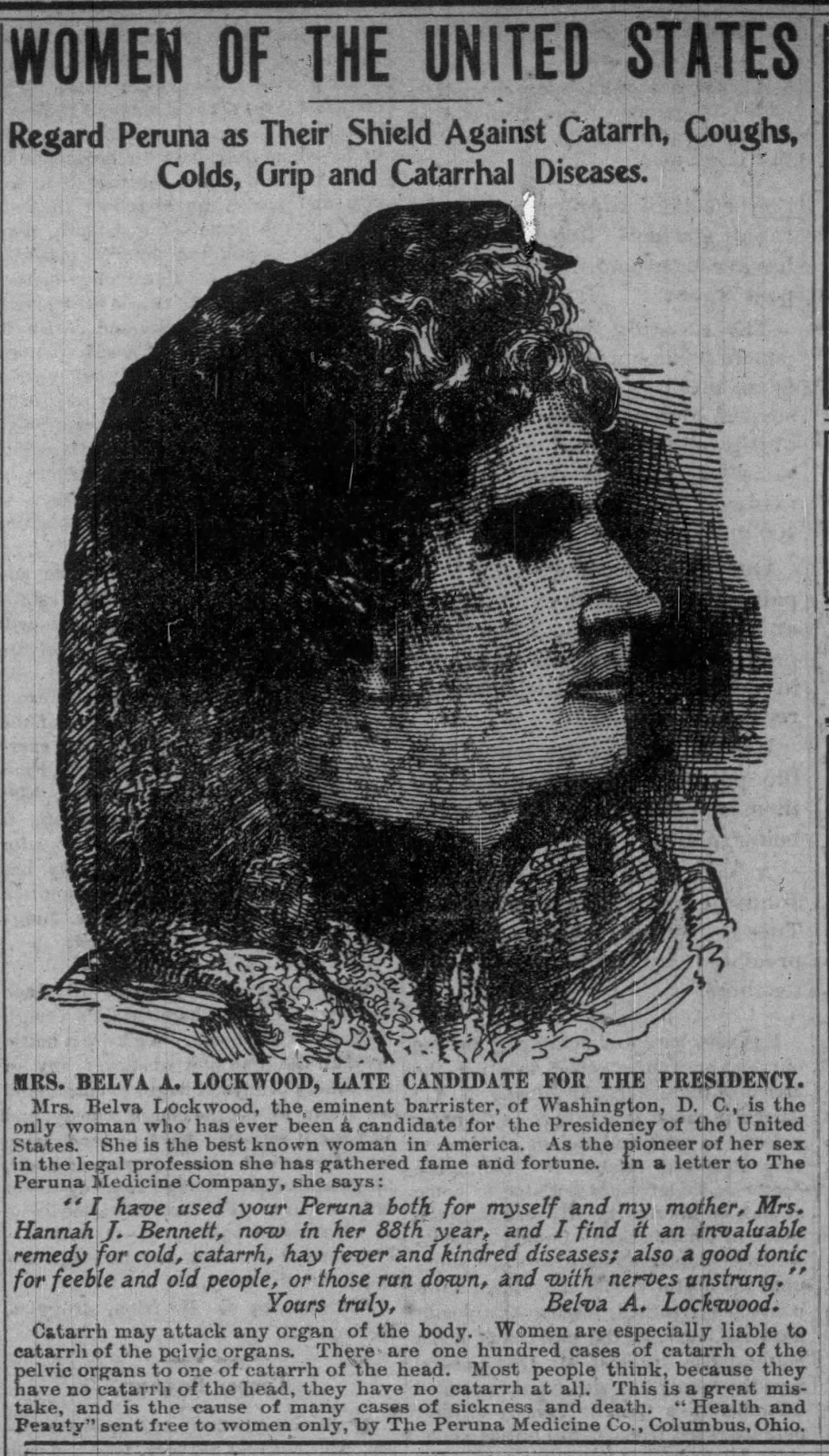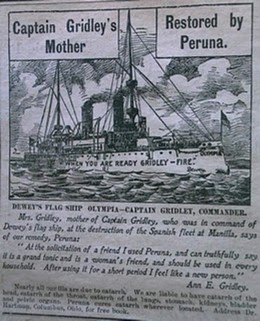In this edition of a "Curator's Column," the Bossier Parish Libraries History Center presents the collection of Dr. Thomas Nehemiah Keoun (pronounced COW-in). As a devoted physician, respected civic leader, and influential figure in the Plain Dealing community, Dr. Keoun left an unforgettable mark on local history. This collection was generously donated by Connie Boggs Rountree, a descendant of Dr. Keoun.
Dr. Keoun was born in Arkansas on February 7, 1868. His early education was in Welcome and Magnolia, Arkansas. After graduating from the Memphis Medical College in 1890, he established his first medical practice in Red Land in Bossier Parish. In 1891, he married Lulah Edens. By 1906, the Keoun family moved to Plain Dealing, where Dr. Keoun purchased the residence and drugstore of Dr. R.H. Blackman.
Dr. Keoun served the people of Plain Dealing, extending his services beyond the walls of his medical clinic. He often traveled into the countryside, delivering babies and mending injuries late into the night. At first, he did this by horse and buggy and later in a Model T.
However, his interests were not only limited to medicine. As a landowner with extensive farm holdings in Bossier and Caddo Parishes, he cultivated crops like corn, cotton, and cane. As mentioned earlier, Keoun was the owner of a Plain Dealing drugstore, which boasted the area’s finest soda fountain in 1910, as reported by the Bossier Banner-Progress. Dr. Keoun’s collection includes his medical bag, a syringe kit, framed diploma from the Memphis Hospital and Medical Center (dated March 28, 1890), and a small ledger listing patients he visited in 1929.
Additionally, Dr. Keoun’s influence extended to civic and religious circles. He served as Bossier Parish Coroner for eight years and was an active steward of the Plain Dealing Methodist Church for 35 years. His tenure as president of the Plain Dealing School Board of Directors saw him advocating passionately for his community.
This passion for his community was on full display during the 1908 Plain Dealing High School disciplinary scandal. While serving as President of the Plain Dealing School Board of Directors, Dr. Keoun clashed with Bossier Parish Superintendent Joseph E. Johnston in 1908 over a widely publicized disciplinary issue at Plain Dealing High School. After Superintendent Johnston revoked Principal E.D. Burgess’ teaching license amid teacher and student disputes, tensions escalated. Dr. Keoun supported Principal Burgess, leading to a confrontation with Johnston and the resignation of Keoun and other local board members. Their disagreement played out publicly in the Bossier Banner newspaper.
The Keoun collection also includes several photographs of Dr. Keoun and his family, offering a glimpse into his personal life. His son, Alton Keoun, married Rita Sanders on November 24, 1938. The two were married nearly fifty years until Alton’s death on July 19, 1986. Rita’s contributions to Plain Dealing’s library system and civic organizations were also remarkable. Known affectionately as "Miss Rita," she served on the Bossier Parish Library Board for 37 years, missing only one meeting and acting as president for many years. The remodeled Plain Dealing Library was dedicated in her honor in 1987, a testament to her devotion to literacy and learning.
Dr. Keoun’s impact, however, continues to resonate through the stories and artifacts preserved in his collection. From his framed diploma to his medical tools, these items bring to life the story of a man who was not only a skilled physician but also a cornerstone of his community.
If you have any information, stories, or photos of old Plain Dealing or other communities in Bossier Parish, we would love to add them (or scanned copies) to our History Center’s research collection. We are located at 7204 Hutchison Drive (formerly called 850 City Hall Drive) just across Beckett Street from the old Central Library and History Center in Bossier City, LA. The Bossier Central Library and History Center are open M-Th 9-8, Fri 9-6, and Sat 9-5. Our phone number is (318) 746-7717 and our email is history-center@bossierlibrary.org
For other local history facts, photos, and videos, be sure to follow us @BPLHistoryCenter on FB, @bplhistorycenter on TikTok, and check out our blog http://bpl-hc.blogspot.com/.
Images:
- Dr. Thomas N. Keoun: Bossier Parish Library History Center Collection






